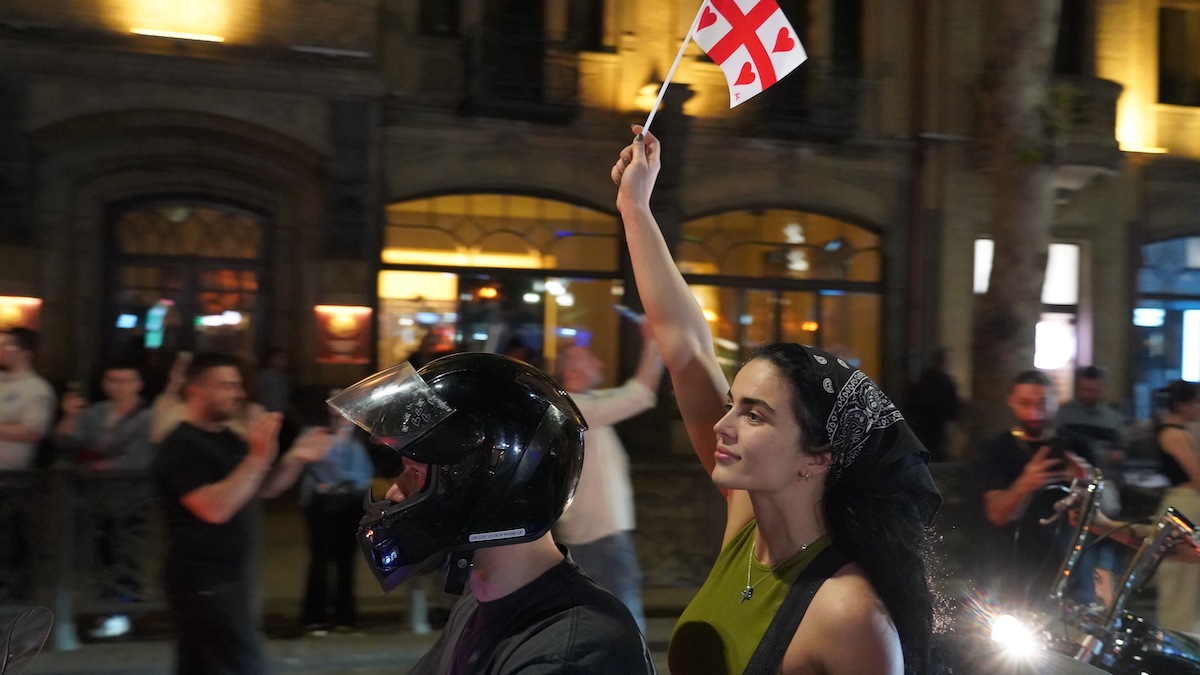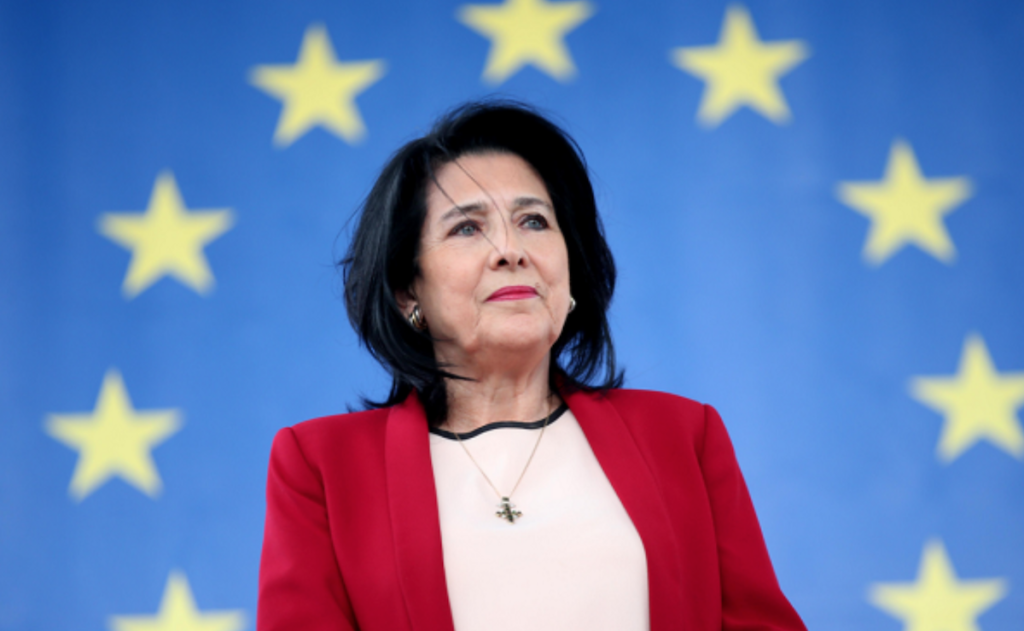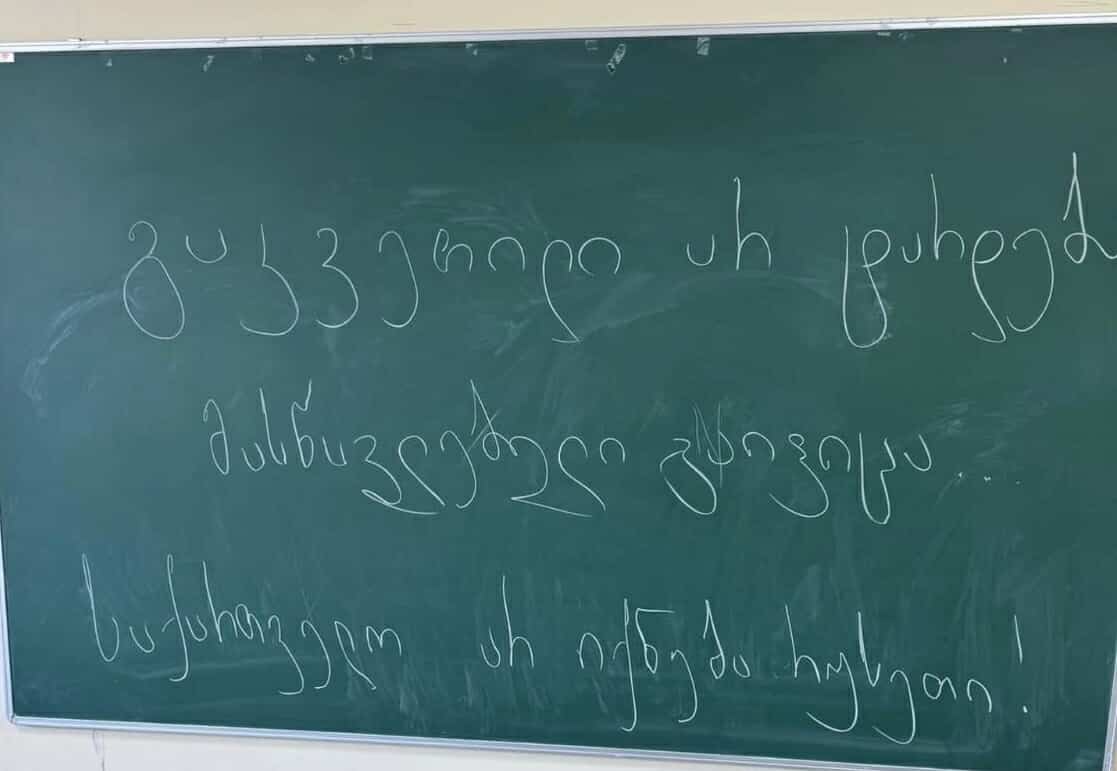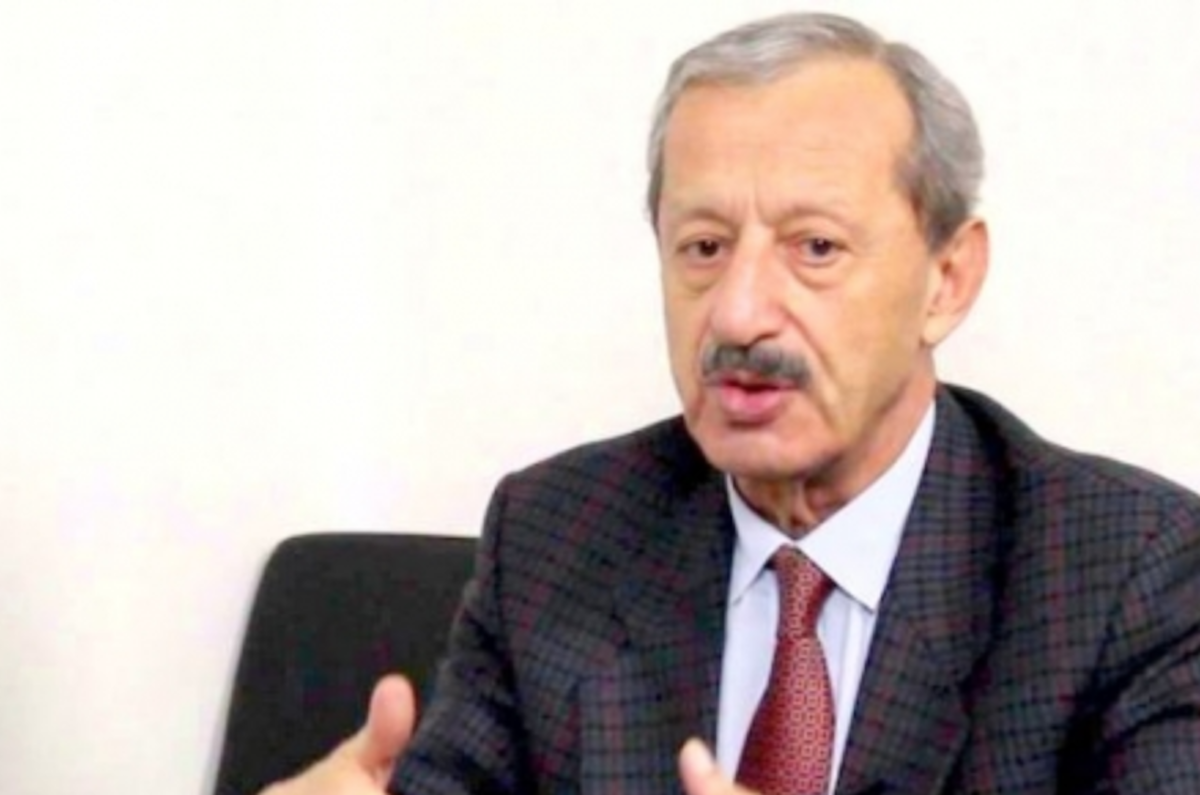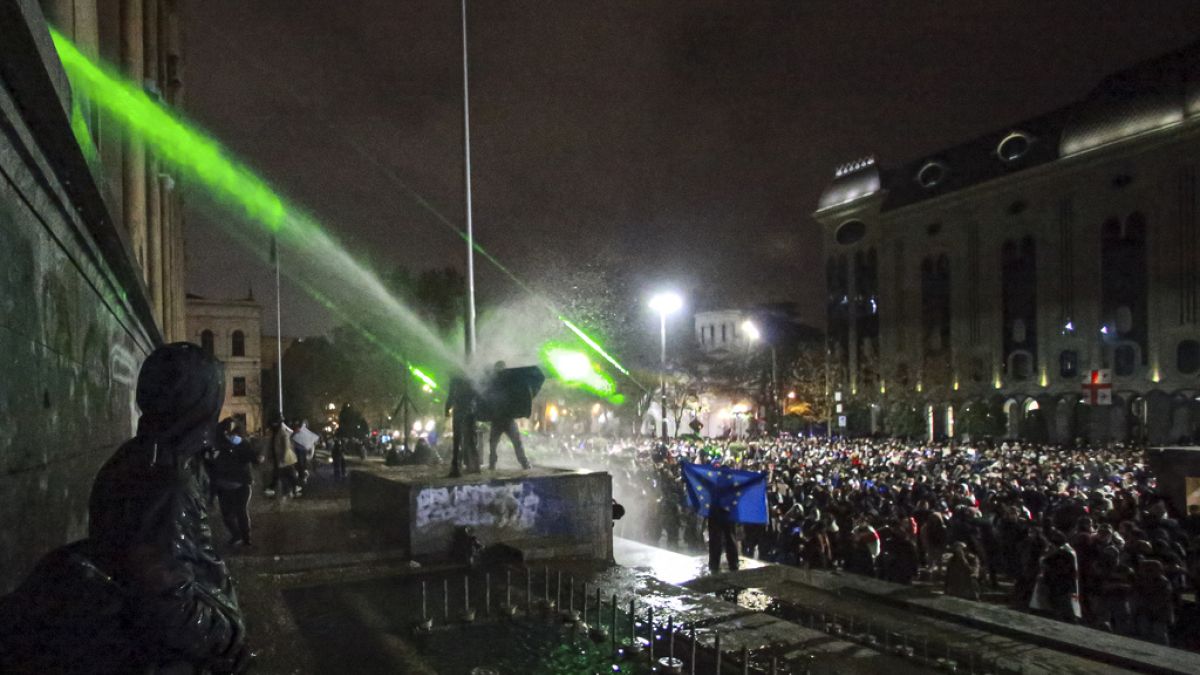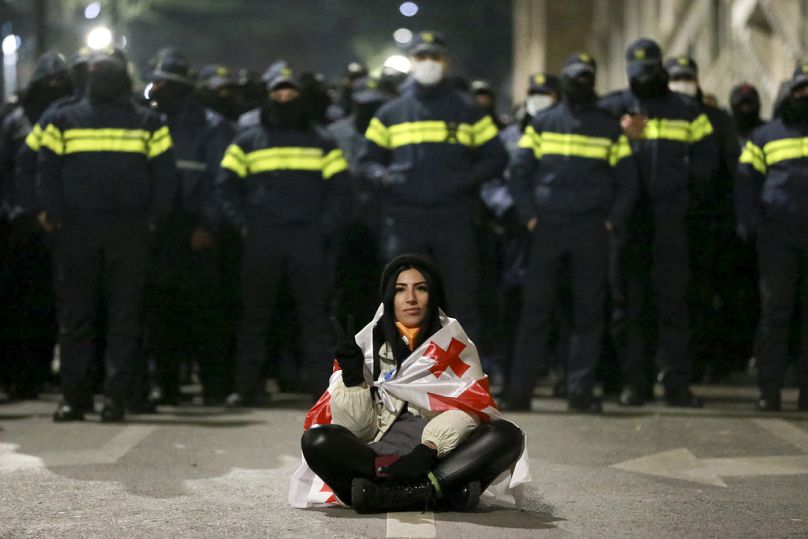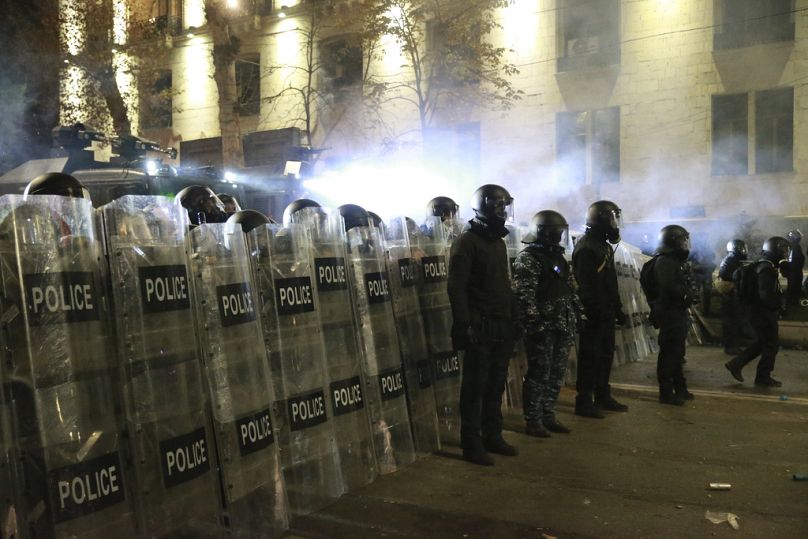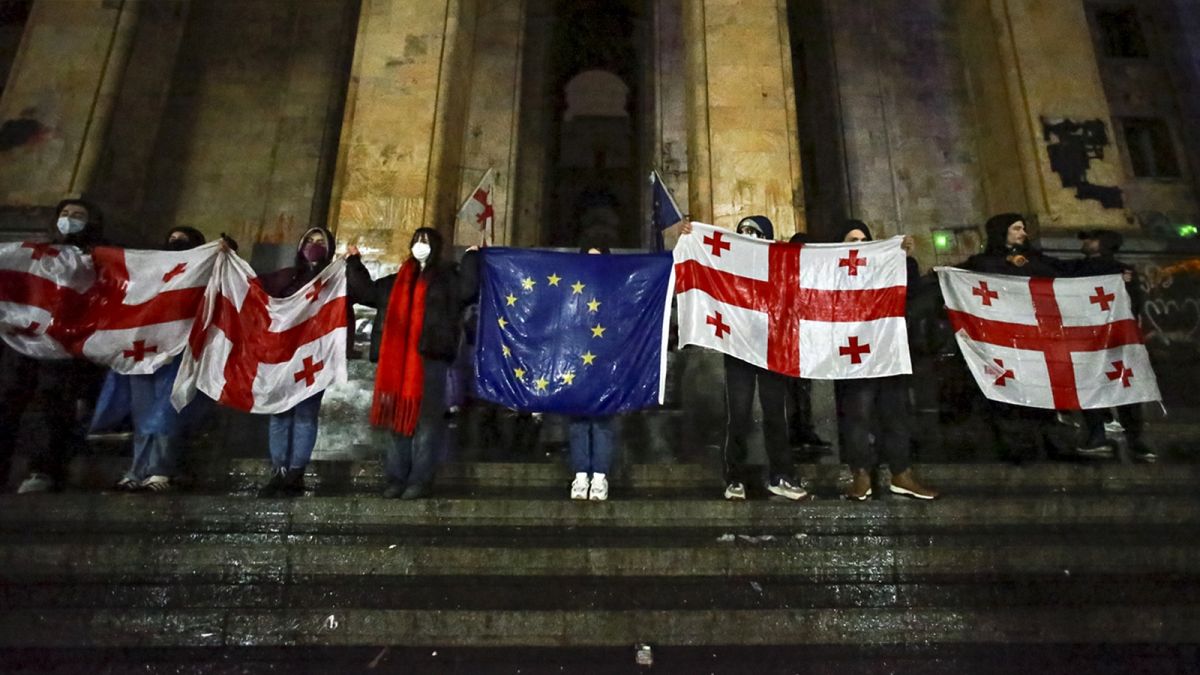Tipu Sultan: An Indian Freedom Fighter Reviled By Both British Rulers And Hindu Nationalists – OpEd
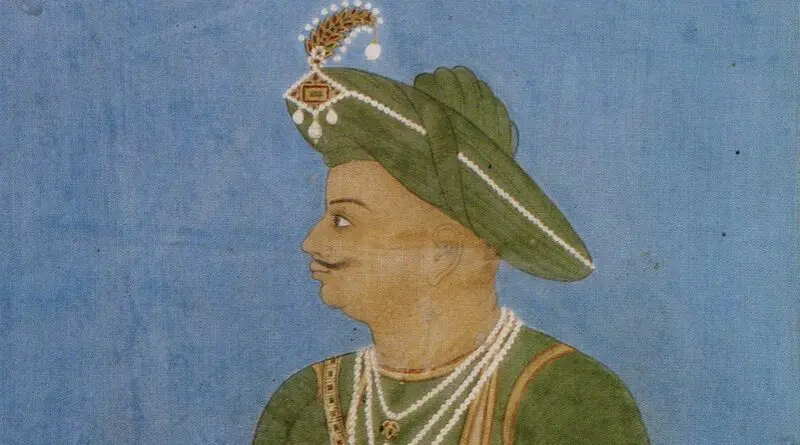
Portrait of Tipu Sultan by an anonymous Indian artist in Mysore. Credit: Wikipedia Commons

Portrait of Tipu Sultan by an anonymous Indian artist in Mysore. Credit: Wikipedia Commons
The Indian freedom fighter Tipu Sultan (1751-1799) is glowingly described by his admirers as the “Tiger of Mysore” who died bravely fighting the British on the battlefield.
But in the eyes of British commentators of that time, and also in the judgment of Hindu nationalists of today, Tipu was a “furious Muslim fanatic” who indulged in the forcible conversion of Hindus to Islam.
Hindu nationalists and Hindutva historians are presently on a campaign to remove him from the pantheon of Indian freedom fighters. They have already stopped the celebration of his birthday as “Tipu Jayanthi” in Karnataka State. From 2016 till 2018, the secular Congress government in Karnataka had celebrated Tipu Jayanti with a grand procession on November 10 every year. But the BJP, which saw Tipu as a ‘tyrannical, anti-Hindu ruler’ abandoned the observance in 2019 after it came to power.
The Indian freedom fighter Tipu Sultan (1751-1799) is glowingly described by his admirers as the “Tiger of Mysore” who died bravely fighting the British on the battlefield.
But in the eyes of British commentators of that time, and also in the judgment of Hindu nationalists of today, Tipu was a “furious Muslim fanatic” who indulged in the forcible conversion of Hindus to Islam.
Hindu nationalists and Hindutva historians are presently on a campaign to remove him from the pantheon of Indian freedom fighters. They have already stopped the celebration of his birthday as “Tipu Jayanthi” in Karnataka State. From 2016 till 2018, the secular Congress government in Karnataka had celebrated Tipu Jayanti with a grand procession on November 10 every year. But the BJP, which saw Tipu as a ‘tyrannical, anti-Hindu ruler’ abandoned the observance in 2019 after it came to power.
Hindu Nationalist view
In his recently-released book entitled: Tipu Sultan: The Saga of Mysore’s Interregnum (1760–1799), Banglaore-based historian Vikram Sampath says that Tipu’s ascent to power was accidental. His father Haidar Ali was a beneficiary of the benevolence of the Maharaja of Mysore. But in a series of fascinating events, the Machiavellian Haidar ran with the hare and hunted with the hounds and ended up overthrowing his own benefactor and usurping the throne of Mysore from the Wodeyars in 1761.
“In a war-scarred life, father and son led Mysore through four momentous battles against the British, termed the Anglo-Mysore Wars. The first two, led by Haidar, brought the English East India Company to its knees. Chasing the enemy to the very gates of Madras, Haidar made the British sign such humiliating terms of treaties that sent shockwaves back in London.”
“But in the hubris of this success, Tipu obtained the kingdom on a platter, unlike his father, who worked up the ranks to achieve glory. In a diabolical war thirst, Tipu launched lethal attacks on Malabar, Mangalore, Travancore, Coorg, and left behind a trail of death, destruction and worse, mass-conversions and the desecration of religious places of worship,” Sampath says.
“While he was an astute administrator and a brave soldier, the strategic tact with opponents and the diplomatic balance that Haidar had sought to maintain with the Hindu majority were both dangerously upset by Tipu’s foolhardiness on matters of faith. The social report card of this eighteenth-century ruler was anything but clean. And yet, one simply cannot deny his position as a renowned military warrior and one of the most powerful rulers of Southern India,” Sampath concludes.
In his recently-released book entitled: Tipu Sultan: The Saga of Mysore’s Interregnum (1760–1799), Banglaore-based historian Vikram Sampath says that Tipu’s ascent to power was accidental. His father Haidar Ali was a beneficiary of the benevolence of the Maharaja of Mysore. But in a series of fascinating events, the Machiavellian Haidar ran with the hare and hunted with the hounds and ended up overthrowing his own benefactor and usurping the throne of Mysore from the Wodeyars in 1761.
“In a war-scarred life, father and son led Mysore through four momentous battles against the British, termed the Anglo-Mysore Wars. The first two, led by Haidar, brought the English East India Company to its knees. Chasing the enemy to the very gates of Madras, Haidar made the British sign such humiliating terms of treaties that sent shockwaves back in London.”
“But in the hubris of this success, Tipu obtained the kingdom on a platter, unlike his father, who worked up the ranks to achieve glory. In a diabolical war thirst, Tipu launched lethal attacks on Malabar, Mangalore, Travancore, Coorg, and left behind a trail of death, destruction and worse, mass-conversions and the desecration of religious places of worship,” Sampath says.
“While he was an astute administrator and a brave soldier, the strategic tact with opponents and the diplomatic balance that Haidar had sought to maintain with the Hindu majority were both dangerously upset by Tipu’s foolhardiness on matters of faith. The social report card of this eighteenth-century ruler was anything but clean. And yet, one simply cannot deny his position as a renowned military warrior and one of the most powerful rulers of Southern India,” Sampath concludes.
Mohibbul Hasan’s Contrary View
However, in a source based and unbiased biography of Tipu, Prof. Mohibbul Hasan argues that Tipu was in fact a secular and progressive ruler who made Mysore the most prosperous principality in 18th.Century India.
Prof. Hasan says that derision of Tipu now is based on the “malicious propaganda” carried out by British chroniclers and historians. That is now being regurgitated by Hindutwa historians as part of a larger campaign to demolish Marxist and Nehruvian historiography.
Prof. Mohibbul Hasan, who had taught history at the Calcutta and Jamia Millia Universities recalls that in his 1811 publication Select Letters of Tippoo Sultan, W. Kirkpatrick, describes Tipu as an “intolerant bigot and a furious fanatic” who indulged in forcible conversions, mass circumcisions, destruction of temples and confiscation of temple lands. Kirkpatric’s views were later echoed by M. Wilks (1864), and H. H. Dodwell in his Cambridge History of India (1929).
According to Hasan, if the British chroniclers painted Tipu in dark colours, it was because he had refused to pay tribute; tried to set the Nizam of Hyderabad and the Marathas against them; and sought an alliance with their European rivals, the French.
However, in a source based and unbiased biography of Tipu, Prof. Mohibbul Hasan argues that Tipu was in fact a secular and progressive ruler who made Mysore the most prosperous principality in 18th.Century India.
Prof. Hasan says that derision of Tipu now is based on the “malicious propaganda” carried out by British chroniclers and historians. That is now being regurgitated by Hindutwa historians as part of a larger campaign to demolish Marxist and Nehruvian historiography.
Prof. Mohibbul Hasan, who had taught history at the Calcutta and Jamia Millia Universities recalls that in his 1811 publication Select Letters of Tippoo Sultan, W. Kirkpatrick, describes Tipu as an “intolerant bigot and a furious fanatic” who indulged in forcible conversions, mass circumcisions, destruction of temples and confiscation of temple lands. Kirkpatric’s views were later echoed by M. Wilks (1864), and H. H. Dodwell in his Cambridge History of India (1929).
According to Hasan, if the British chroniclers painted Tipu in dark colours, it was because he had refused to pay tribute; tried to set the Nizam of Hyderabad and the Marathas against them; and sought an alliance with their European rivals, the French.
Non-communal
That Tipu was non-communal is evident in the fact that a number of top officials in his government were Hindus. Purnaiya was the MirAsaf (in charge of Revenue and Finance). Krishna Rao was his Treasurer. Shamaiya Iyengar was Minister of Police and Postal Department. Subba Rao was his chief Peshkar (Chief Secretary). Srinivas Rao and Appaji Ram were his close confidantes.
His agents in the Moghul Court in Delhi were Mool Chand and Sujan Rai. The Faujdar of Coorg was Nagappayya, a Brahmin. The Asafs (revenue officers) at Coimbatore and Palghat were Brahmins. The chief of Tipu’s irregular cavalry was Hari Singh. Rama Rao and Sivaji, a Maratha, commanded his regular cavalry. Tipu sent one of his Hindu Generals, Sripat Rao, to quell the Nair rebellion in Malabar.
That Tipu was non-communal is evident in the fact that a number of top officials in his government were Hindus. Purnaiya was the MirAsaf (in charge of Revenue and Finance). Krishna Rao was his Treasurer. Shamaiya Iyengar was Minister of Police and Postal Department. Subba Rao was his chief Peshkar (Chief Secretary). Srinivas Rao and Appaji Ram were his close confidantes.
His agents in the Moghul Court in Delhi were Mool Chand and Sujan Rai. The Faujdar of Coorg was Nagappayya, a Brahmin. The Asafs (revenue officers) at Coimbatore and Palghat were Brahmins. The chief of Tipu’s irregular cavalry was Hari Singh. Rama Rao and Sivaji, a Maratha, commanded his regular cavalry. Tipu sent one of his Hindu Generals, Sripat Rao, to quell the Nair rebellion in Malabar.
Aided Hindu Temples
In 1916, the Mysore government’s Director of Archaeology, K. Narasimhachar, discovered a bunch of letters in the Sringeri Sankara Math (monastery), which showed that Tipu had greatly helped the monastery and its head the Sringeri Sankaracharya.
In 1791, the monastery was raided and pillaged by a Maratha chieftain, Raghunath Rao Patwardan, and the Sankaracharya had asked Tipu for help to restore it. Deeply grieved, Tipu wrote back saying: “People who have sinned against such a holy place are sure to suffer the consequences of their misdeeds at no distant date” and asked his officials to send cash and grain so that the idol of Goddess Sarada could be consecrated. He also donated a palanquin to the Sankaracharya and requested him to pray for the prosperity of his domain.
Tipu had contributed to the Lakshmikanta Temple at Kalale in Nanjangud taluk; the Narayanaswami Temple at Melkote; the Srikantheswara Temple at Nanjangud and to the Ranganathaswami Temple at Srirangapatnam all in Karnataka. The greenish Shivalinga at the Nanjandeswara temple is known as Padshalingabecause it was donated by Tipu, the Padshah or ‘ruler’.
According to a Sanad, Tipu “ordered” the continuation of worship at the Tirupathi Venkatachalapathi Temple. Biographer Hasan wonders if Tipu would have allowed the Ranganatha, Narasimha and Gangadhareswara temples to function in the Srirangapatnam Fort if he was an Islamic bigot.
Tipu was also an ardent believer in astrology and consulted astrologers daily, first thing in the morning.
In 1916, the Mysore government’s Director of Archaeology, K. Narasimhachar, discovered a bunch of letters in the Sringeri Sankara Math (monastery), which showed that Tipu had greatly helped the monastery and its head the Sringeri Sankaracharya.
In 1791, the monastery was raided and pillaged by a Maratha chieftain, Raghunath Rao Patwardan, and the Sankaracharya had asked Tipu for help to restore it. Deeply grieved, Tipu wrote back saying: “People who have sinned against such a holy place are sure to suffer the consequences of their misdeeds at no distant date” and asked his officials to send cash and grain so that the idol of Goddess Sarada could be consecrated. He also donated a palanquin to the Sankaracharya and requested him to pray for the prosperity of his domain.
Tipu had contributed to the Lakshmikanta Temple at Kalale in Nanjangud taluk; the Narayanaswami Temple at Melkote; the Srikantheswara Temple at Nanjangud and to the Ranganathaswami Temple at Srirangapatnam all in Karnataka. The greenish Shivalinga at the Nanjandeswara temple is known as Padshalingabecause it was donated by Tipu, the Padshah or ‘ruler’.
According to a Sanad, Tipu “ordered” the continuation of worship at the Tirupathi Venkatachalapathi Temple. Biographer Hasan wonders if Tipu would have allowed the Ranganatha, Narasimha and Gangadhareswara temples to function in the Srirangapatnam Fort if he was an Islamic bigot.
Tipu was also an ardent believer in astrology and consulted astrologers daily, first thing in the morning.
On Forcible Conversions
Tipu is widely accused of indulging in forcible conversions in Kerala and Coorg. But according to Hasan, Tipu told his French General, Cossigny, that he ordered the forcible conversion of Nairs and Coorgis because these communities had staged rebellions repeatedly. It was reported that 70,000 were converted in Coorg, but this could not be true because the total population of Coorg was not that much, Hasan points out. According to Punganuri Ramachandra Rao in his Memoirs of Hyder and Tippoo (1849) only 500 were converted in Coorg.
Hasan admits that Catholics in Kanara were converted forcibly, but this was because they had helped the British defeat Tipu at Mangalore. But Tipu never tried to convert loyal subjects.
Tipu is widely accused of indulging in forcible conversions in Kerala and Coorg. But according to Hasan, Tipu told his French General, Cossigny, that he ordered the forcible conversion of Nairs and Coorgis because these communities had staged rebellions repeatedly. It was reported that 70,000 were converted in Coorg, but this could not be true because the total population of Coorg was not that much, Hasan points out. According to Punganuri Ramachandra Rao in his Memoirs of Hyder and Tippoo (1849) only 500 were converted in Coorg.
Hasan admits that Catholics in Kanara were converted forcibly, but this was because they had helped the British defeat Tipu at Mangalore. But Tipu never tried to convert loyal subjects.
Administrative Innovations
Hasan says that Tipu gave Mysore a progressive administration. He points out that J. Mill in his History of British India (1848), acknowledged that as a ruler, Tipu sustained an “advantageous comparison with the greatest princes of the East”. Tipu’s country was “the best cultivated and the most flourishing in India,” Mill adds.
Tipu rationalized the administrative system; got rid of private middlemen; encouraged local industries; sought French industrial technology and tried to send one of his sons to France for a modern education.
He set up a rocket regiment in his army. After his defeat and death in 1799, the British discovered as many as 600 launchers, 700 serviceable rockets and 9,000 empty rockets at Tipu’s fort, some of which were shipped to Britain to replicate them. The Royal Artillery Museum in Woolwich in the UK houses some of them.
Tipu was a promoter of international trade and had sent trade delegations to Afghanistan, Iran, Turkey and Myanmar.
Hasan says that Tipu gave Mysore a progressive administration. He points out that J. Mill in his History of British India (1848), acknowledged that as a ruler, Tipu sustained an “advantageous comparison with the greatest princes of the East”. Tipu’s country was “the best cultivated and the most flourishing in India,” Mill adds.
Tipu rationalized the administrative system; got rid of private middlemen; encouraged local industries; sought French industrial technology and tried to send one of his sons to France for a modern education.
He set up a rocket regiment in his army. After his defeat and death in 1799, the British discovered as many as 600 launchers, 700 serviceable rockets and 9,000 empty rockets at Tipu’s fort, some of which were shipped to Britain to replicate them. The Royal Artillery Museum in Woolwich in the UK houses some of them.
Tipu was a promoter of international trade and had sent trade delegations to Afghanistan, Iran, Turkey and Myanmar.



